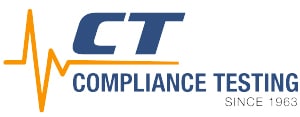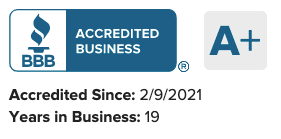Failing your compliance testing is not really an option if you want to introduce your products to the US, Canadian or European markets. There are different compliance standards for each of these regions. Below, will discuss FCC certification used in the United State and CE marking required in the European Union.
When Is FCC Certification Required?
Any equipment that emits radio frequency must pass FCC certification or you cannot offer it for sale in the United States. If your product fails FCC testing, you must remedy all non-compliant issues in your design before resubmitting the product for testing. You will not be able to offer a product for sale until it passes the strict standards of the FCC guidelines. For example, the frequencies of the product cannot interfere with other electronic devices in the home, workplace or elsewhere.
If you do pass FCC testing, you will need to have a Supplier’s Declaration of Conformity (SDoC). Many electronic devices require this declaration in order to comply with part 15 of the FCC rules. Your product must meet two criteria. First, it cannot cause harmful interference. Second, it cannot accept interference that can impact its operation.
What Happens if You Don’t Have A CE Mark?
The CE marking designates products ready for sale in the European Economic Area (EEA). The mark is also used elsewhere to show that a product has met EEA standards. When people see this mark, they know that it’s safe to trade the product in any country within the European Union without consideration of country of origin.
What Happens if a Product Fails CE Marking Tests?
Products that fail to pass CE marking requirements don’t receive a CE Marking. If your product falls under this category, you cannot sell it within the European union.
What Is the Compliance Testing Process?
Compliance Testing consists of the following three steps:
- Test Planning involves creating test plans and scheduling the testing.
- Test Execution refers to the actual testing process and certification. It is conducted by a third-party vendor.
- Documentation focuses on passing the scope and results of the testing.
During compliance testing, a third party inspects the product and runs it through a series of tests to ensure that it meets FCC, CE or other standards. The prerequisites of compliance testing include developing a product that has the necessary qualities to pass FCC or CE standards. Note that some countries have their own set of standards you’ll have to meet in order to do business there. In Canada, for example, you have to pass ISED certification.
During the testing phase, you’ll create all necessary documentation for the product. This stage may also include finding the right vendor to conduct the evaluation and certify the product.
What Is Tested During Compliance Testing?
Test engineers ensure that your product closely follows the applicable standards. This may include interference testing using a variety of equipment and tools. Compliance testing does not include otherwise testing the functionality of the product.
Contact CT Compliance Testing today if you need assistance with product certification in the USA (FCC), Canada (ISED) and Europe (CE Mark). Book a meeting directly via Calendly at https://compliancetesting.com/schedule-consultation/.




